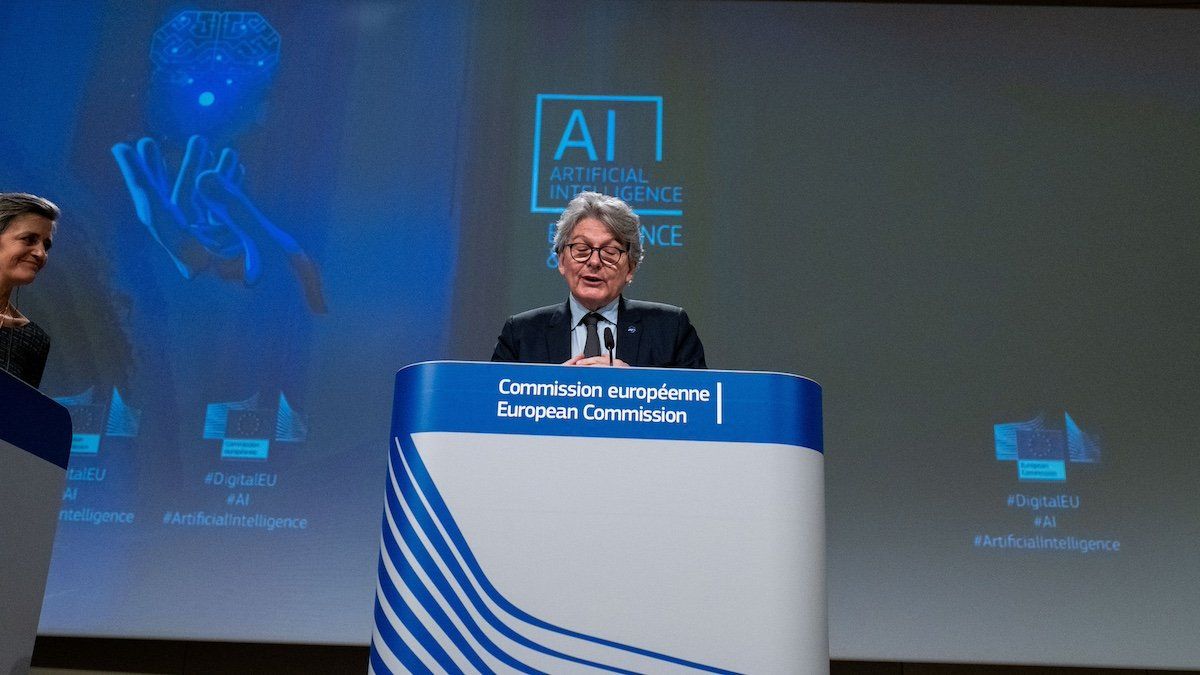In a recent interview, European Union antitrust chief Margrethe Vestager said that Europeans should have AI tools that aren’t exclusively made by American companies.
“The choice should not be American or American,” Vestager told Politico. “Europe is open for business from everywhere. But I think it’s important that you have choice.”
Most of the largest AI firms are American. That includes Silicon Valley behemoths like Google, Meta, and Microsoft, but also startups like Anthropic and OpenAI, which make the chatbots Claude and ChatGPT, respectively.
That said, there is a tangible AI presence in Europe: Google’s DeepMind lab, once an independent British company, still largely operates in the UK. The French startup Mistral AI was recently valued at $2 billion, and the UK startup Stability AI, which makes the Stable Diffusion model, is worth $1 billion.
With so many major technology companies headquartered in the US, Europe has long struggled to both rein in overseas tech while boosting its own firms. AI presents a fresh opportunity to reassert its influence. European lawmakers and regulators, about to pass their first-mover AI legislation, simultaneously want to clamp down on the technology and enable its firms to compete on the world stage.
